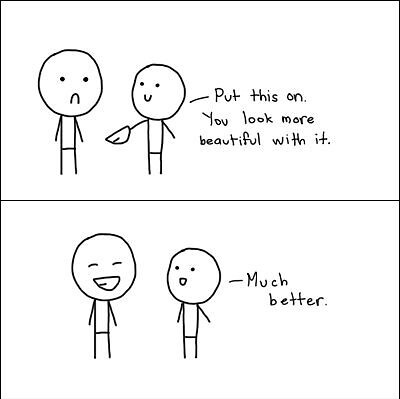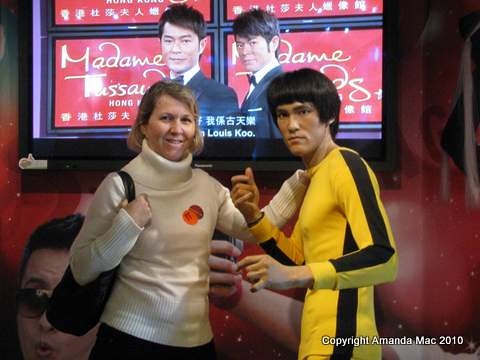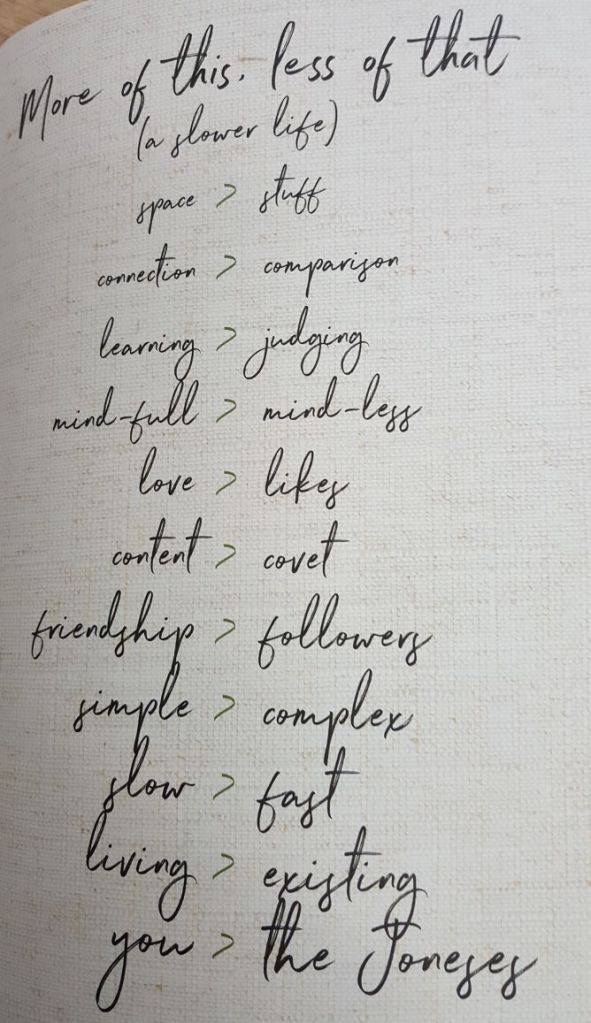Trial and Error

I note that some in society might acknowledge this way less than others. Complete perfection is impossible, unnatural, yet many continue to strive for it. Whole industries support the desire for perfection.
In whose eyes?

Could it not be a natural and normal state for us to be imperfect?
A person without flaws is hard to find.
Imperfection comprises many a conversation topic over dinner, in thinly veiled complaints with a neighbour or in chatting with a sympathetic friend, in the stories, books and academic circles. Just look at the sales of self-help books!
To strive to do better, to be better is an overarching wish. In raw, biological terms that drive is tied to survival. Trial and error, therefore, is a gift, a key to opening the door of knowledge, realisation and connection, the instrument to do better.
For in each clumsy attempt to do better, we do indeed learn something; we grow, we evolve. Even if we stumble, again and again, we learn what doesn’t work, often despite our actions failing miserably time after time.
A tenacious person falls seven times, and gets up eight.
For them, the inner drive to succeed is robust and unyielding, whilst others give in to apathy after the first failed attempt – their silver lining somewhat blackened.
Mistakes can be motivating or can be soul-destroying and an excuse for chronic apathy. Some mistakes are hard to take provoking strong emotion. The emotions can be pervasive, triggering feelings of inadequacy, embarrassment, anger and disappointment. We judge ourselves to have failed in some way, to have made a grave mistake.
We expected to do better.
Yet with each perceived failure, we do grow: armed with knowledge and better equipped next time a situation or problem arises. Intransigent folks might take longer to heed the subtleties of trial and error and so their journey becomes rocky, torturous and gruelling. They fling away or dismiss the gift of trial and error as if it’s irrelevant junk mail or a card belatedly received long after the day of celebration.
As Henry Van Dyke said,
“Self is the only prison that can ever bind the soul.”
We all begin life wanting to succeed, to achieve, to develop, to reach a level of contentment, yet often our environmental influences antagonize our conscience with self-admonishment or self-criticism.
Why are we so hard on ourselves when mistakes can be a gift, a learning process? Trial and error is part of that journey. Understanding that might just be a liberating step forward in the narrative of life.





























